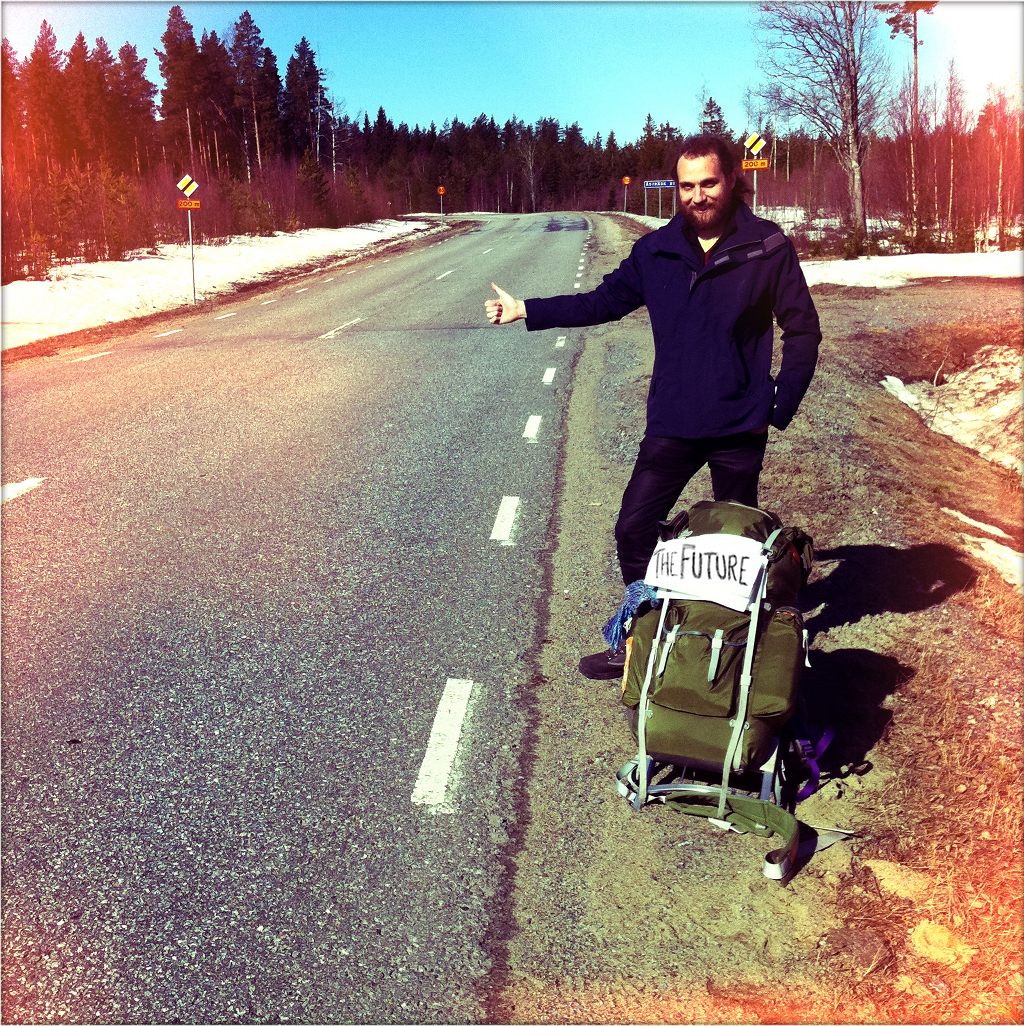Words Which Matter to People
Considering the necessity of living language and its implementation.
Excerpts from an essay written for The Resilients Handbook
Resilience is a technical term, one which has spread along with the influence of systems thinking and come into use in a widening range of academic and professional fields. But it has no cultural roots; that is to say, it is not grounded in the experience of people’s lives and the ways in which people have made sense of that experience. Instead, with its aura of expert detachment, it belongs to that category of words by which we hold things at a distance.
This may not seem to matter, from the perspective of many of the discussions around resilience. When the subject is systemic crisis resulting from climate change, resource scarcity, and the volatility of global financial and economic systems, how much difference does our choice of words make? My answer is that, when it comes to how good or bad a job we make of living through such crises, on a personal level and collectively, the ways in which we make sense of our situation can make all the difference.
In his reflections on the collapse of the USSR, Dmitry Orlov notes that the group hit hardest was successful men over the age of forty. See Dmitry Orlov’s The Five Stages of Collapse: Survivor’s Toolkit and Post-Soviet Lessons for a Post-American Century. For many, their identities were so bound up with the system that, in its absence, they fell apart. Some committed suicide; a greater number drank themselves to an early death. What killed them was not the material consequences of collapse, but the collapse of their structures of meaning. The inability to make sense of themselves in the new reality turned out to be the greatest threat to their survival.
When I talk about culture, I have in mind the structures of meaning that we make or find within the world. Push at the significance of these structures, their role in how we handle difficult circumstances, and you come up against a background assumption that seems to be characteristic of modern Western societies: more often than not, culture is treated as a soft surface layer over life’s harder material and economic realities, a luxury which is the first thing to go as a situation worsens.
You can see this in Abraham Maslow’s famous “hierarchy of needs”. In its popular form, this hierarchy is presented as a pyramid with five layers; you move upwards through the first four of these layers before reaching anything that relates to culture. A Theory of Human Motivation (1943) and Motivation and Personality (1970) by Abraham Maslow.
Revisions to the early work include flexibility based on external circumstances and individual differences, the order is not fixed, and can include cognitive needs, aesthetic needs, and transcendence needs. Only once the basics of subsistence and security are satisfied do we concern ourselves with meaning.
Yet, as Orlov’s example suggests, there may be no subsistence without meaning. When life is hardest, our ability to make sense of our situation is the difference between giving up and finding a way to keep going. Our words and concepts, the stories we tell, and the way we relate our present difficulties to the experiences of those who have gone before us are all part of this process of making sense. And while it is possible to speak in the abstract about our material needs, in the world as we find it, these needs are always bound up with structures of meaning and purpose, the ways in which people in this particular place and time make sense of their situation. Far from a surface layer, it seems, you cannot get deeper than culture.
Whatever words we use to make sense of an experience, these words have a history; they are drawn from a particular language and are rooted in the experience of people with particular assumptions. If we attempt to use them as abstractions, without acknowledging their histories, the result will be misunderstanding and confusion at best.
This applies even to the category of words whose purpose is to hold what they speak of at a distance, the category to which I am suggesting “resilience” belongs. If our hope is to cultivate the capacity to endure — the attitudes and ways of making sense of the world that will enable us to navigate dark times — then I suggest we talk to each other about the particular concepts within our different cultures.
Perhaps we could see every local culture as, among other things, a kind of survival strategy, improvised in response to a particular landscape and a particular history?
None of this is to overlook the dangers of essentialising cultures and identities. They deserve to be questioned and tested, compared to the other ways in which people have made sense of similar experiences in different times and places, and challenged as to whether they still work and for whom they are working.
I wish to argue only this: that the end of all our questioning will not be a set of universal abstractions that transcend the messiness and peculiarity of the local cultural concepts with which we find ourselves. That abstract technical concepts, however usefully they serve within their own context, will always lack the power of living language. And that, if we wish the qualities that we may associate with resilience to take root in the places where we live, we would do well to look for concepts and stories which embody those qualities, and words which matter to people.
🝓
